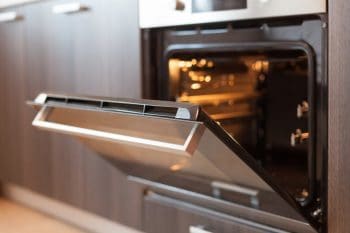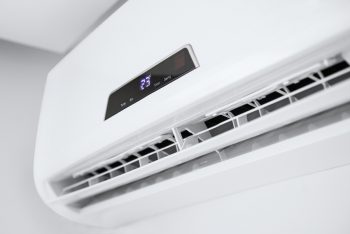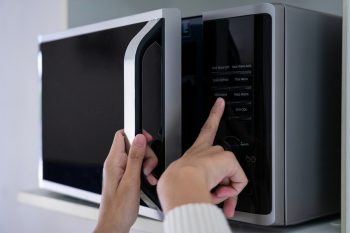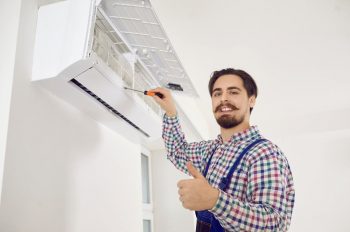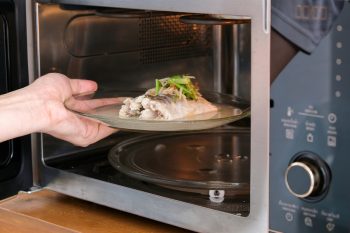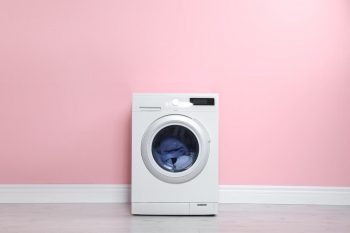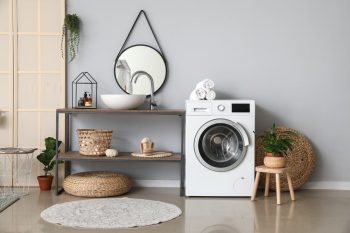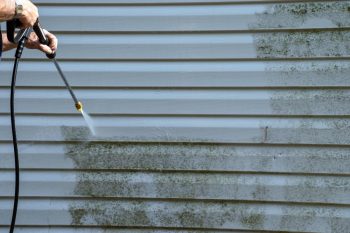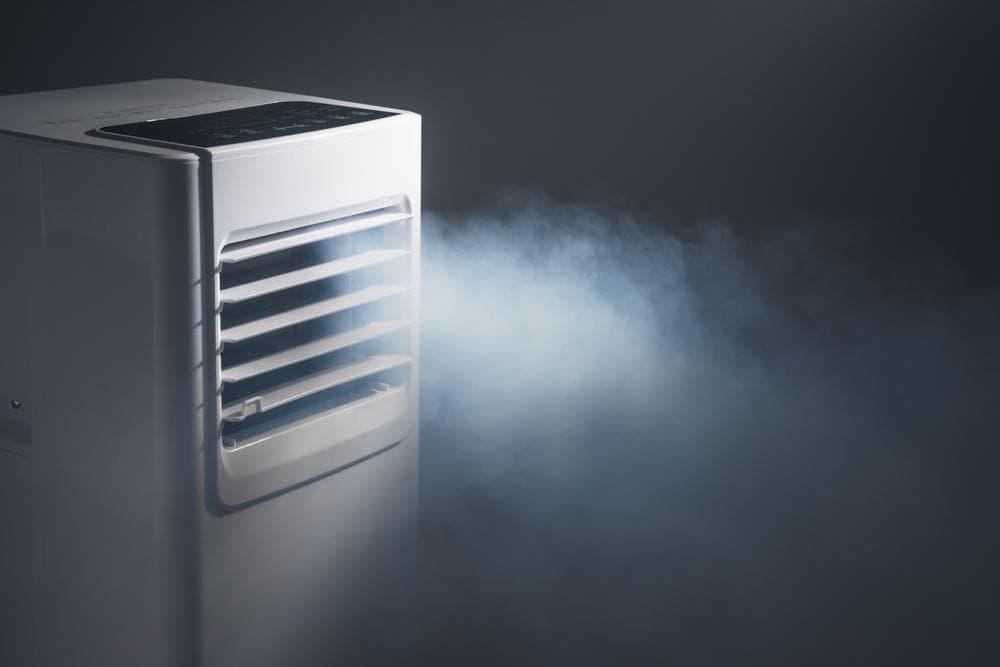
Air conditioning units are essential for maintaining comfort in our homes and workplaces, especially during the hot summer months. However, like any other appliance, they can experience issues. One common problem with portable air conditioners is “sweating,” or condensation forming on the unit. This article will delve into why your portable AC might be sweating and provide practical solutions to address the issue.
Your portable AC might be “sweating” or leaking water due to a full condensate tank, a clogged drainage system, low refrigerant level, high humidity, or a dirty air filter. Regular maintenance such as cleaning and replacing air filters, draining the water tank, ensuring proper ventilation, and insulating the exhaust hose can help prevent this issue. If the problem persists, it’s recommended to consult an HVAC technician.
Why Is My Portable AC Sweating?
Portable air conditioners work by pulling hot air from the room, cooling it, and then expelling the cooled air back into the room. As this process takes place, the unit also extracts moisture from the air, which condenses into water within a tank inside the unit.
If the condensation accumulates without being properly drained, it can overflow and leak out of the unit, causing what appears to be “sweating.” A moist environment inside the unit can also become a breeding ground for mold, which can negatively affect air quality.
Primary Reasons for Sweating
Several factors can contribute to a portable AC unit sweating or leaking water:
- Full Condensate Tank: If the tank collecting the condensed water is not regularly drained, it can overflow, causing the unit to leak water.
- Clogged Drainage System: Dust, dirt, and debris can clog the drainage system, leading to water leakage.
- Low Refrigerant Level: When the refrigerant level is too low, the unit’s cooling capacity can be compromised, leading to inadequate cooling and potentially causing the evaporator coils to freeze. Once these coils defrost, excess water can drip and leak from the unit.
- High Humidity: In high-humidity environments, excess condensation can accumulate, leading to water leakage.
- Dirty Air Filter: A dirty air filter can restrict airflow, causing the unit to work harder and potentially leading to excess condensation.
Environmental Factors
The environment and climate play a crucial role in the occurrence of sweating in a portable AC unit. In high-humidity environments, the unit will collect more moisture from the air, which can lead to excessive condensation if not appropriately managed. Factors such as gaps where outside air can enter, insufficient insulation, and dirty filters can contribute to a unit sweating.
How to Prevent and Resolve Sweating
Regular maintenance and care can prevent your portable AC from sweating and ensure it operates efficiently. Here are some steps you can take:
- Clean and Replace Air Filters Regularly: This helps maintain proper airflow and prevents dust and dirt from accumulating on the evaporator coils, which can lead to excess condensation.
- Drain the Water Tank Regularly: This prevents overflow and leakage.
- Inspect and Clean the Condenser Coils: Clean coils ensure effective functioning and prevent the buildup of ice, which can cause excess condensation.
- Ensure Proper Ventilation: Make sure the AC unit is well-ventilated and not obstructed by furniture or other objects.
- Insulate the Exhaust Hose: Insulation prevents heat loss and improves efficiency.
If your portable AC unit continues to sweat excessively despite following these steps, it might be best to consult an HVAC technician to diagnose and fix the issue.
Risks Associated with a Sweating Portable AC
A sweating portable AC can pose several potential damages and risks. These include damage to insulation, walls, and ceilings; attraction of pests like termites; potential damage to the AC unit itself; and health risks associated with mold growth.
In conclusion, while a sweating portable AC can be a common issue, it can also be indicative of a larger problem. Regular maintenance and immediate attention to the issue can help prevent damages and ensure a cool and comfortable environment.
Frequently Asked Questions
How often should I clean or replace the air filters in my portable AC?
As a general rule, air filters should be cleaned every two weeks. However, this can vary depending on the air quality in your area and the frequency of use. If the filters look dirty or clogged, it’s time to clean them. Replacement should occur roughly once a year, or sooner if the filters are damaged or excessively dirty.
How do I drain the water tank in my portable AC?
Most portable AC units have a drain plug located at the bottom or back of the unit. To drain the tank, you’ll need to unplug the unit, locate the drain plug, and remove it. Then, you can either let the water drain out into a container or attach a drain hose (if your unit comes with one) to direct the water to a suitable drainage location. Always refer to your unit’s user manual for specific instructions.
What’s the best way to clean the condenser coils in my portable AC?
To clean the condenser coils, you can use a brush or vacuum to gently remove dust and dirt. If the coils are very dirty, you may need to use a coil cleaner, which is a special solution designed to break down dirt and grime without damaging the coils. Always follow the manufacturer’s instructions when using coil cleaner.
How do I know if my portable AC has a low refrigerant level?
Signs of low refrigerant in a portable AC include the unit not cooling as well as it used to, the unit taking longer to cool the room, or the unit cycling on and off more frequently. If you suspect a low refrigerant level, it’s best to contact a professional HVAC technician, as handling refrigerant requires special training and equipment.
What can I do if my room has high humidity levels?
If your room consistently has high humidity levels, consider using a dehumidifier in addition to your portable AC. This will help remove excess moisture from the air, reducing the workload on your AC and potentially preventing it from sweating.

